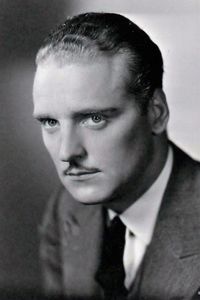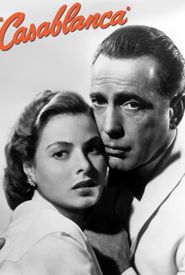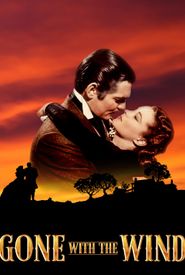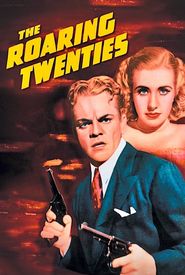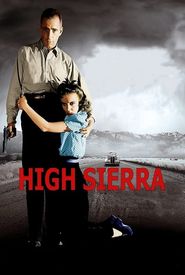George Meeker, a co-star-turned-character man, possessed the distinctive features of a person not to be trusted. For over two decades, he played the role of the guy you loved to hate in movies, often as the spineless third wheel in a romantic triangle, losing the woman in the process. He was frequently the crooked lawyer or shady executive who would sell his own mother for a quick buck. In crime mysteries, he was usually the guilty party or the victim who deserved his fate.
Born in Brooklyn on March 5, 1904, Meeker studied at the American Academy of Dramatic Art after high school. He made his Broadway debut with "Judy Drops In" in 1924 and went on to appear in a handful of plays, including "A Lady's Virtue" (1925),"Back Here" (1928),and "Conflict" (1929). He then focused on films, starting his career during the transition from silent pictures to talkies.
Meeker's voice was well-suited for talkies, and he went on to play roles that grew increasingly unappealing over time. He often played the fusty, wimpy, and sour-looking fiancé who loses his lovely leading lady in comedies and dramas. He also showcased his corrupt side in pre-Code films and thriller roles, often managing to out-evil Bela Lugosi.
Throughout his career, Meeker appeared in numerous "B" mysteries, playing the losing end in many crimers, including "King for a Night" (1933) with Chester Morris, "The Dragon Murder Case" (1934),and "Murder on a Honeymoon" (1935). When he appeared in "A" pictures, he was often uncredited, as in "Mr. Deeds Goes to Town" (1936),"Stella Dallas" (1937),"Gone with the Wind" (1939),"Casablanca" (1942),and "The Ox-Bow Incident" (1942).
By the 1940s and World War II, Meeker's roles became less prominent, and he started appearing further down the credits list, playing everything from featured roles to one-liners. He continued to play debonair bad guys in films such as "Spy Ship" (1942),"Secret Enemies" (1942),"Mr. Muggs Rides Again" (1945),"Crime, Inc." (1945),and "Below the Deadline" (1946). He also appeared in cliffhangers, including "Brenda Starr, Reporter" (1945) and "Superman" (1948).
Meeker retired from movie-making in 1951 and was not heard from much until his death from complications related to Alzheimer's disease on August 19, 1984, in Carpenteria, California.
